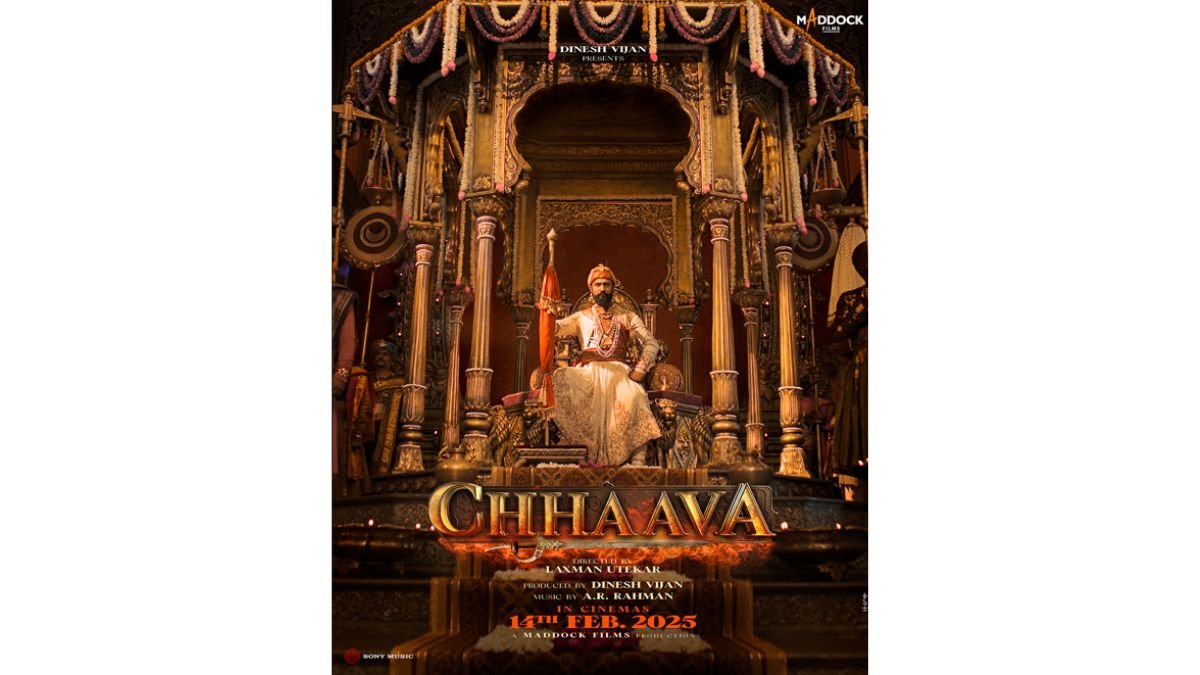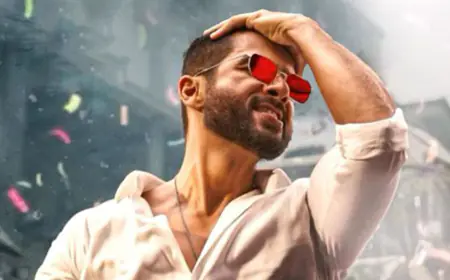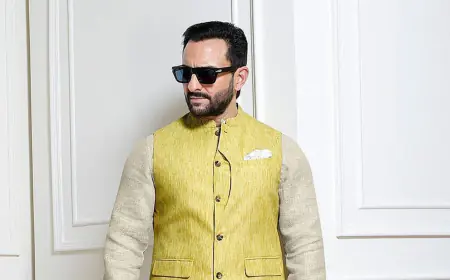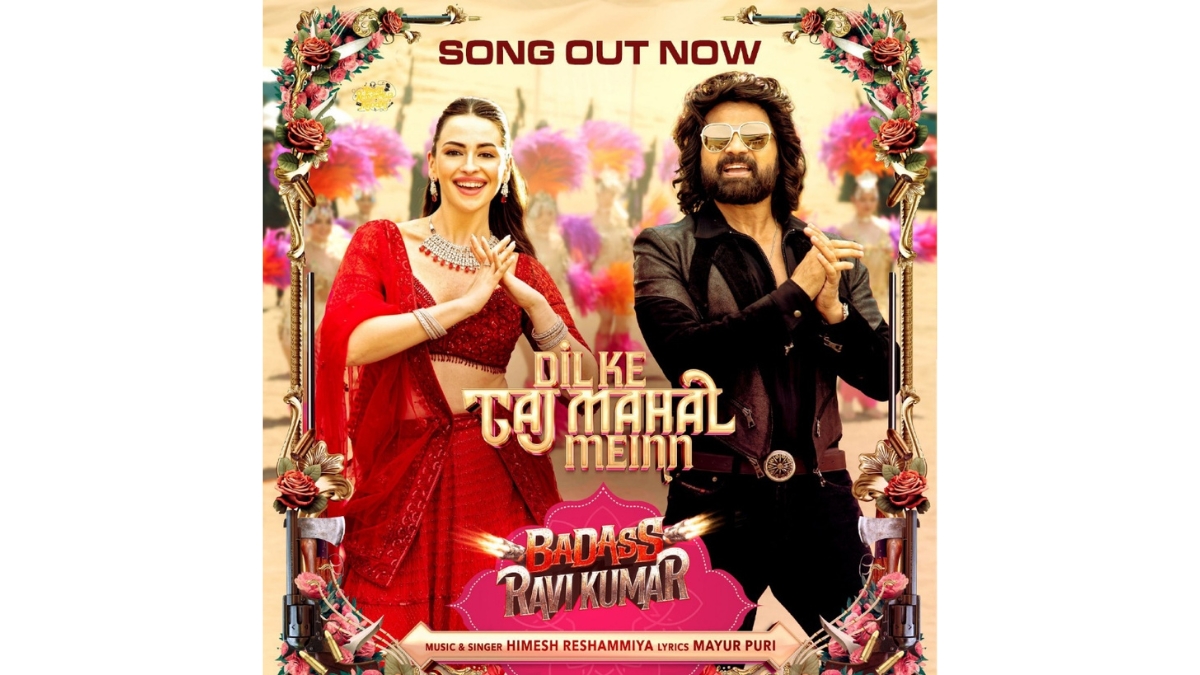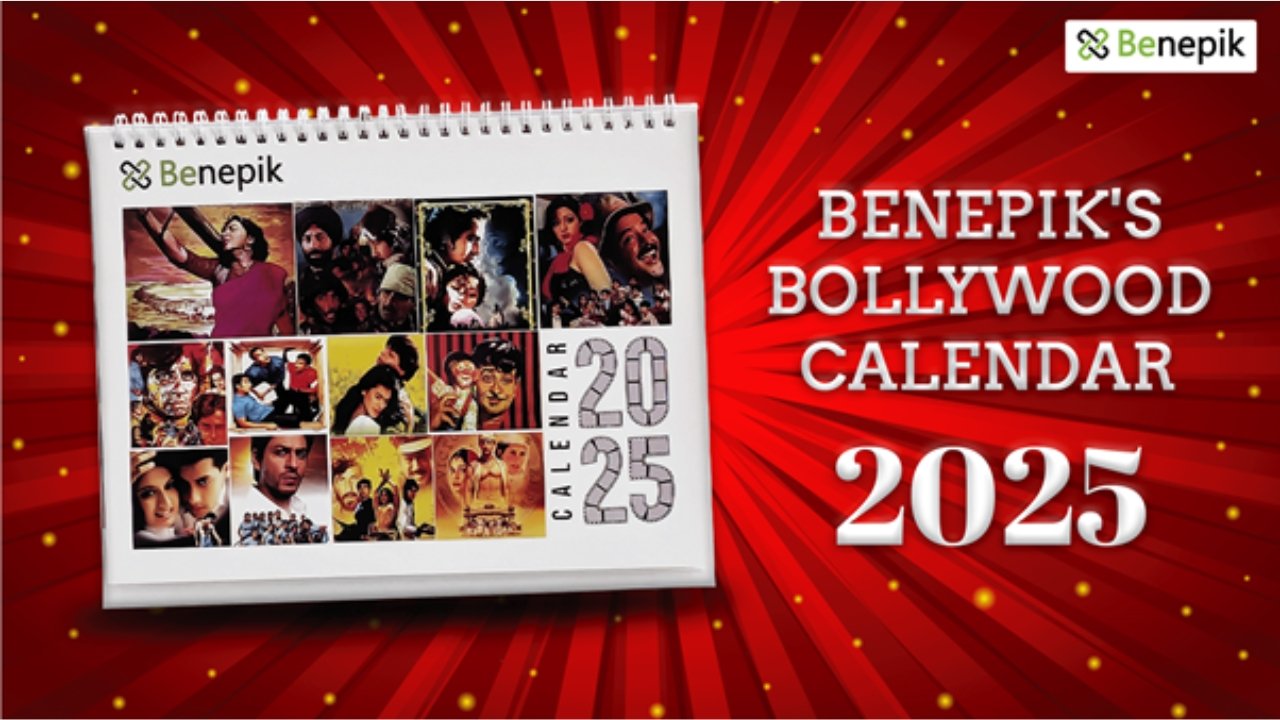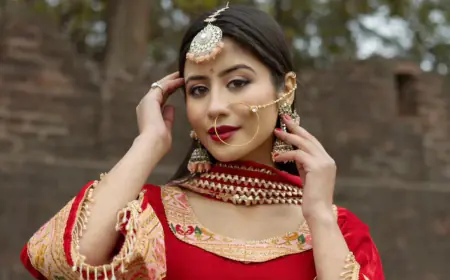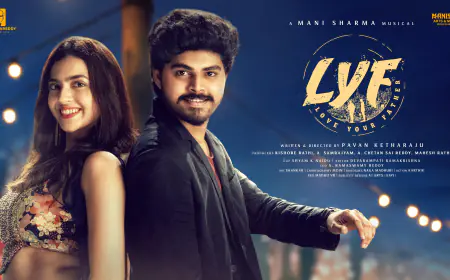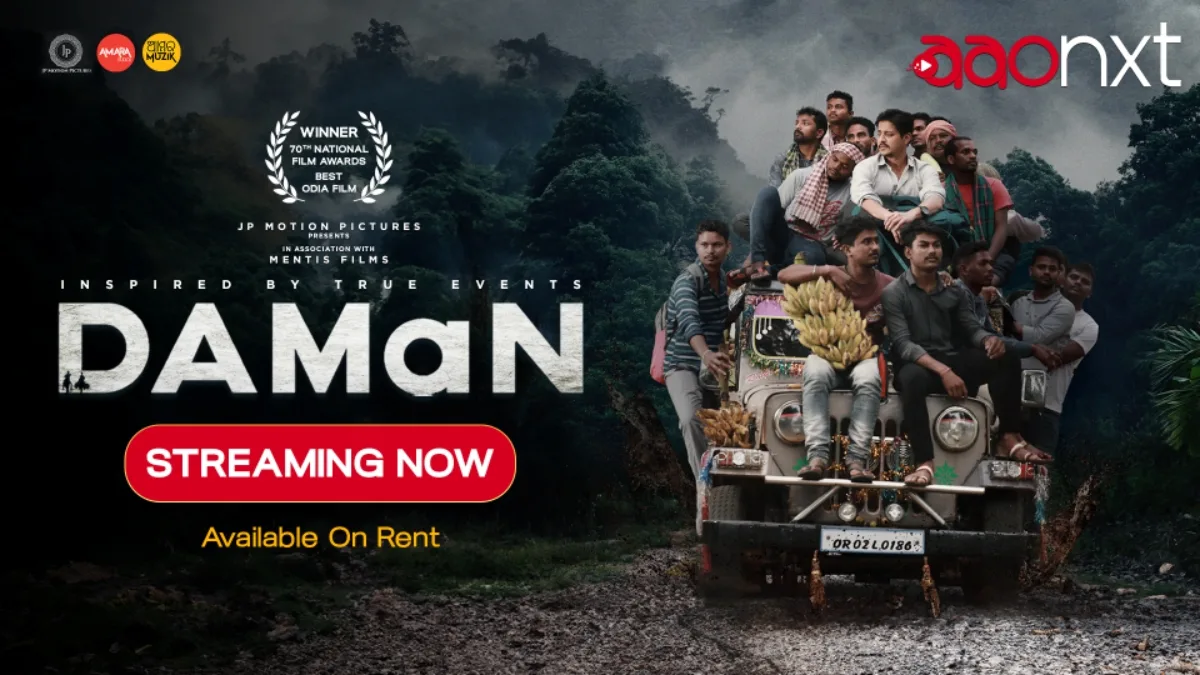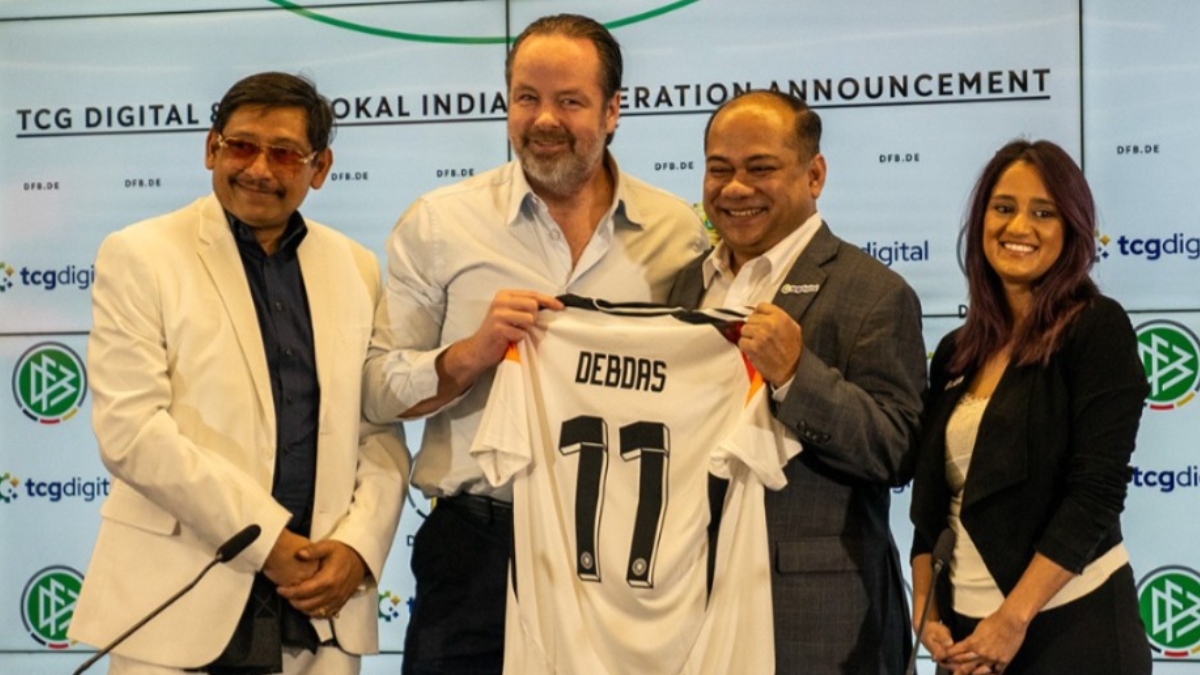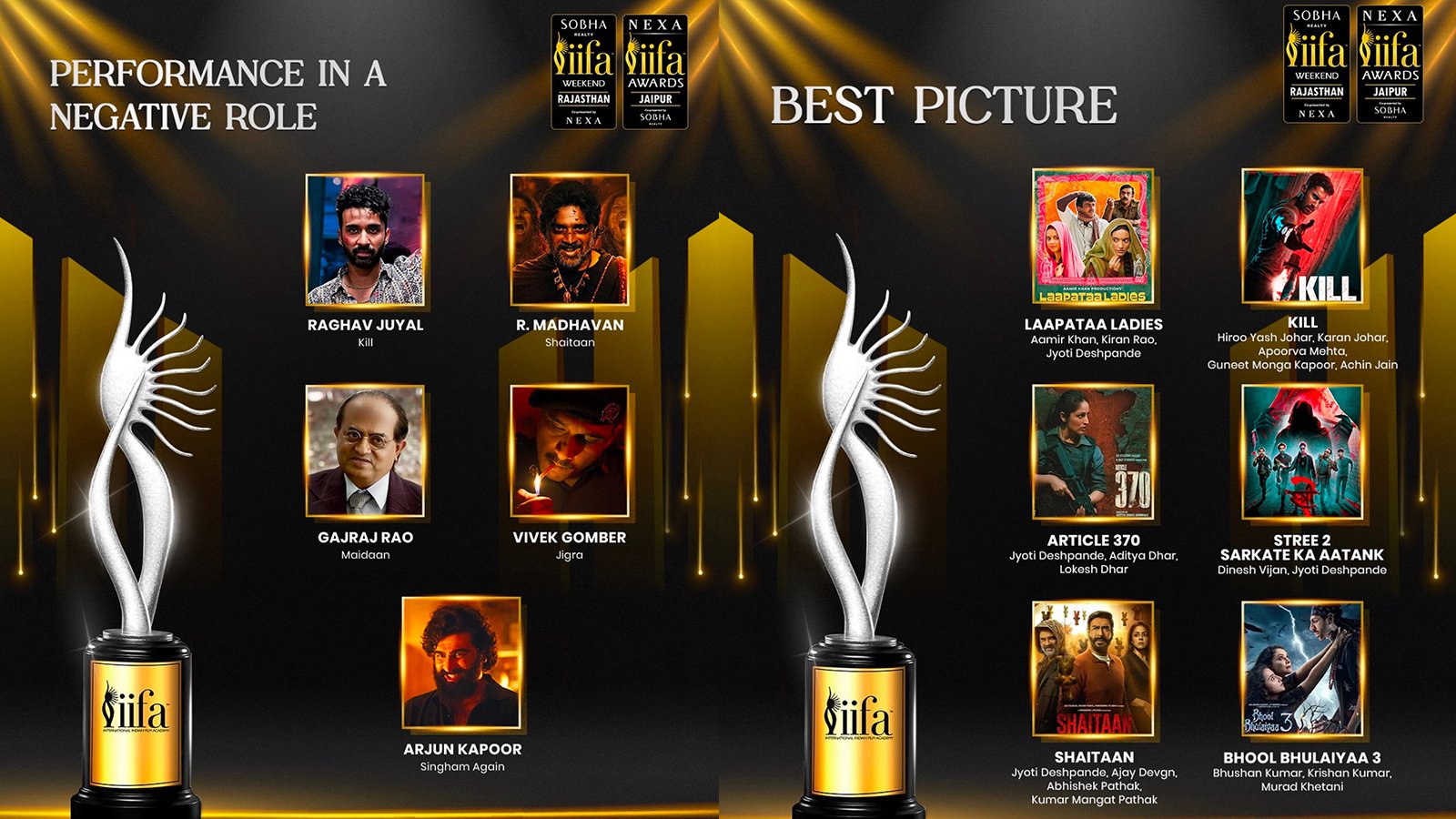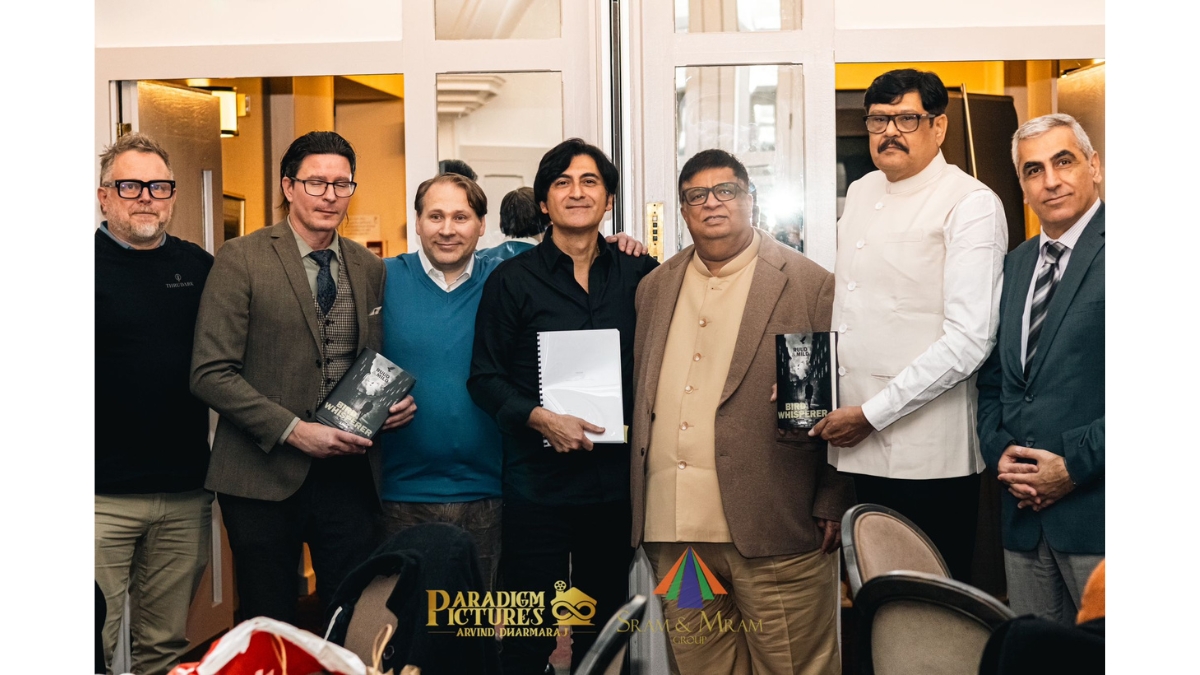Saanand Verma: There is no limit to how much one can evolve in acting
With shows such as Bhabiji Ghar Par Hain to his name, actor Saanand Verma has become quite a household name over the years. However, he adds that an actor must always evolve and grow.

With shows such as Bhabiji Ghar Par Hain to his name, actor Saanand Verma has become quite a household name over the years. However, he adds that an actor must always evolve and grow.
"I consider myself a natural actor. Even in the scorching heat, I would wear a shirt and close the top button, just like Dev Anandji. Whether I'm creating a character or performing naturally, it comes effortlessly to me. My father, a renowned poet, would often say that he wanted me to become a great actor, just like Harivansh Rai Bachchan and Amitabh Bachchan. His words motivated me from a young age. My parents, especially my mother, faced numerous hardships, and her struggles during my childhood (when I was 6-7 years old) were particularly challenging. Despite this, her contribution to my life has been immense. My father encouraged me to pursue my passion and I am grateful for the blessings of my family and others."
"He adds, “Actors should constantly strive to improve their craft. I believe in learning everything possible. Whenever a new character comes my way, I prepare thoroughly. Even with limited time or opportunity, I strive to evolve. In recent years, I've focused on natural reactions rather than just acting. If you're not satisfied with your previous work, it means you're growing. I've played diverse roles in films like Babli Bouncer and India Lockdown, directed by Madhur Bhandarkar, which showcase my range. In Bhabiji Ghar Par Hai, I play Anokhelal Saxena, a 40-year-old Sardar and hotel manager, while in India Lockdown, I play a pimp. My goal is to continue pushing myself to do something different and challenging in each new project.”
Talking about how he tries to improve himself, he says, “I don't repeat myself and try to improve and add something better each time. There is no limit to how much one can evolve in acting. If I were to advise my younger self, I would say that acting is one of the most insecure jobs. Always try to secure yourself financially and have savings. Acting is the most insecure job in the world, and you should always have a backup and a sense of security. I realized this, and without it, one cannot survive easily. My advice is to manage your finances well.”
Talking about what makes a project a success, he says, “I think the director is the most important part of a movie, the captain of the ship. Actors are important, but if the director is not good, the movie will fail. The director deserves as much credit as possible. We should create more awareness and give more attention to directors. We should often praise our directors who are true visionaries. A movie is essentially the director's vision. Unfortunately, the director is often a lesser-known entity in our industry. Within the industry, we know our directors, but the common audience rarely talks about them. This is an aspect that is lesser known to the common people, and I think we should definitely highlight our directors more often. Stars are important, no doubt about it—they are the face of the product, and producers sell their product because of the sellable faces. There's nothing wrong with that, but at the same time, we should also promote directors. For example, in Hollywood, directors like James Cameron and Steven Spielberg are very popular
He adds, “In India, we have Sanjay Leela Bhansali and Rajkumar Hirani. But if you ask the common audience how many people know Nitesh Tiwari, not many would. If I ask 100 cinema-goers if they know Nitesh Tiwari, 99% would say they don't. They don't know the director of "Dangal," the most successful Hindi feature film, or the director of "Chhichhore." A layman, a common audience, doesn't know his name. It's very important to give more value and respect to our directors, and the media should also highlight them.”
